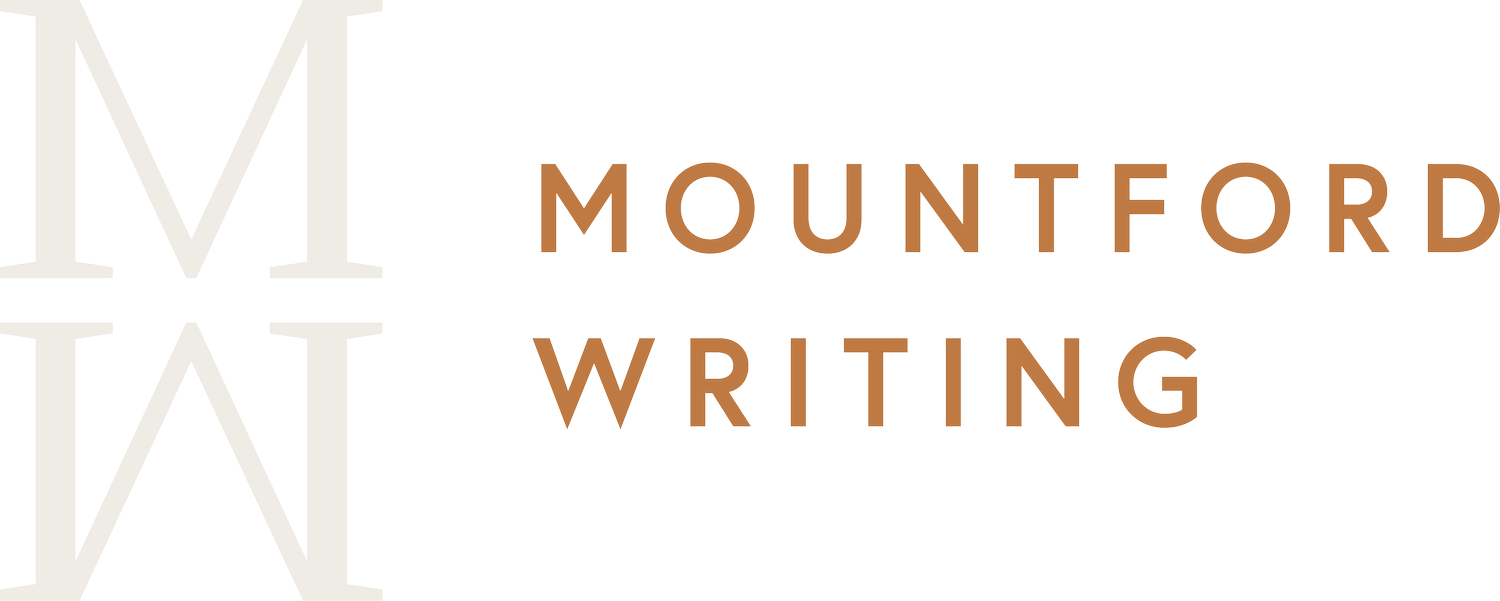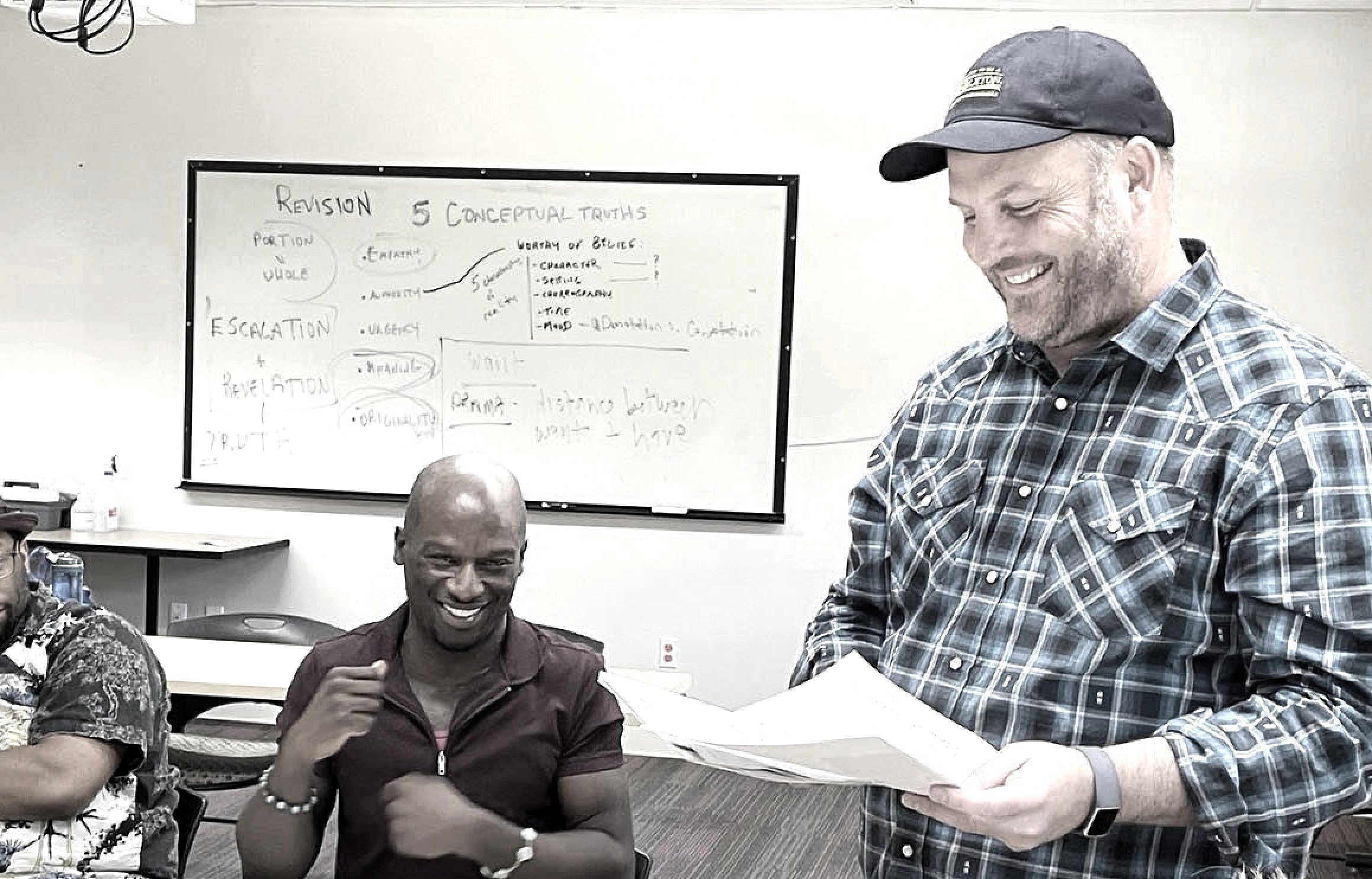What is a Blurb? Definition and Examples
A blurb is the effusive (and sometimes elusive) praise you see on book jackets — ”Brilliant debut…” — enticing readers to pick up a novel or memoir and take it home. However, many new writers confuse the word “blurb” with the flap copy (or jacket copy), which is the brief description of the book on the book’s jacket. To those on the inside of the publishing world, this confusion signals you’re a newbie, much like saying you’re a “published author.” Confusion is normal — even mainstream websites seem to misunderstand this sometimes.
Find out what a blurb is and what it isn’t, how a blurb works, how to ask for a blurb or write your own.
What is a Blurb?
In publishing, the word blurb refers to advance praise for the book by another author. A bookseller or librarian can also offer a blurb. The blurb appears on the book itself, and they’re also used on the book’s page on Amazon, Powell’s, Barnes and Noble, and other online booksellers.
In theory, blurb writers have read the book and feel strongly enough about its merits they’re willing to testify on its behalf.
How a Blurb Works
To get a blurb, the author, publicist, agent, or editor reaches out to a potential blurber and asks if they would be willing to look at an advance copy of the book and write some praise. It’s a big ask, so it’s helpful if the person asking knows the potential blurber, or is, better yet, friends with them. A lot of well-known writers are inundated with blurb requests, and often eventually decide to stop offering blurbs. Famously, George Saunders only blurbs his students’ books (or so he told me when I asked).
People also get blurbs from bookstore owners and booksellers early in the process. These blurbs go on the advance reader copy (ARC), a free edition of the book that goes out to bookstores, libraries, and potential reviewers. These blurbs from insiders serve to gin up excitement among booksellers and librarians but are removed before the book is marketed to a general population.
Some writers are infamous for overly effusive testimonials, or over-blurbing—did they really read and love all those books? This NPR piece on blurbs talks about Gary Shteyngart, who’d given 150+ blurbs by reading first sentences and the cover, and sometimes a few random passages. “Does anyone even read these books anymore?" he asks—and then notes he’s compared authors to Shakespeare and Tolstoy.
To be clear, many people hate the blurb economy because it’s such a giant waste of time and energy. Writers chase after blurbs, and sought-after blurb-writers feel horrible about having to turn down so many people.
For my first novel, it was incredibly difficult to get anyone to even answer my request for a blurb. The second time, I got quick responses and more “yes” for my blurb requests. I was a known quantity.
Sample Blurb
A good blurb provides enough information to indicate that, yes, you actually read the book, and loved it, along with an overarching sense of what the book is “about.”
Here are two blurbs I wrote for others:
Rebekah Anderson’s wonderful debut novel “The Grand Promise” is a roiling, remarkably ambitious saga exploring the lives of a complex array of characters forever altered by the construction of the largest dam in North America — the Grand Coulee on the Columbia River. Deeply researched, the book evokes with remarkable specificity these ordinary and extraordinary people living in rural Washington in the late 1930s as they're pushed and pulled by this outrageously ambitious project, their lives swept up and overturned by the forces of history.
— Peter Mountford, author of A Young Man's Guide to Late Capitalism, and The Dismal Science
The King of Nothing Much is, on the one hand, a wry study of contemporary parenting with a gloriously biting class commentary underneath. At the same time, it's a sensitive story of trust, relationships and promises made, and broken. Johnson deftly examines the madness of new money flooding Seattle without offering a reductive parody — always, the novel is buoyed by his talent for revealing the humanity of complicated people."
—Peter Mountford, author of The Dismal Science and A Young Man's Guide to Late Capitalism
Sample Blurb Request
Here’s what I share with my clients and students:
Subject Line: Blurb Request
Dear ______,
We met briefly a few years ago in Seattle—you had recently selected a story I wrote, “Barbarians' Fantasies,” for the 2nd place prize in the 2007 Boston Review fiction contest. Since then, I’ve expanded on the basic kernel of that story until it became my first novel, A Young Man’s Guide to Late Capitalism, which will be published by Houghton Mifflin Harcourt in Spring, 2011.
As an avid admirer of your work—I’ve been having my young creative writing students read stories from “Drown,” which invariably blow their minds—and knowing that you responded favorably to “Barbarians’ Fantasies,” I wondered if you’d be willing to take a look at an uncorrected proof of this novel.
Thank you for your time. I hope you’re well, and I look forward to hearing from you soon.
Do I Need a Blurb?
A book without any blurbs is a little odd. If you’re a famous writer, you might not need any, and there can be genre exceptions. But certainly it’s expected. NOTE: a lot of agents don’t like to see blurbs in query letters, but I’ve included them in mine, and it helped. I know of other writers who do similarly.
FAQs About Blurbs
Who should I ask for a blurb for my book?
Not your mom. Or your ninth-grade English teacher. You want to seek out established authors: the rarer the blurber, the more coveted. For example, Cormac MacCarthy is (in)famous for not blurbing. If you could convince MacCarthy to blurb your book, consider it a huge win.
How do I ask for a blurb for my book?
Here’s a quick formula. Remind the email recipient how you know each other and of your warm relationship (which you have, hopefully). Then, get to the point—what you’re asking for and why. You can ask for a blurb in the email’s text or the subject line and offer an uncorrected proof of your novel.
When should I ask for a blurb?
After you’ve signed your contract, but before you receive your advance reader copies (ARCs), start testing the waters for blurbs. You’ll hopefully receive ARCs about seven months before your book is published. So if you expect to receive ARCs in September, start asking for blurbs in July. Once you get an ARC, send it off to the blurber-to-be. It could take 2-3 months for the blurber to read and get back to you.
In the book publishing world, it always pays to plan.





This is an asynchronous class, which starts on Monday, July 8, 2024, is for anyone struggling with a book. Although that first sprint of fifty pages into a book—either novel or nonfiction—can be exhilarating, it’s hard to sustain. Sooner or later, you’re likely to find yourself in a creative ditch, wheels spinning. We’ll take a look at when to revise and when not to, as well as which questions are productive and which are not. We’ll seek out ways to reinvigorate ourselves for much more writing. The final class will be a tutorial on the business of finding an agent and/or publisher for your book.